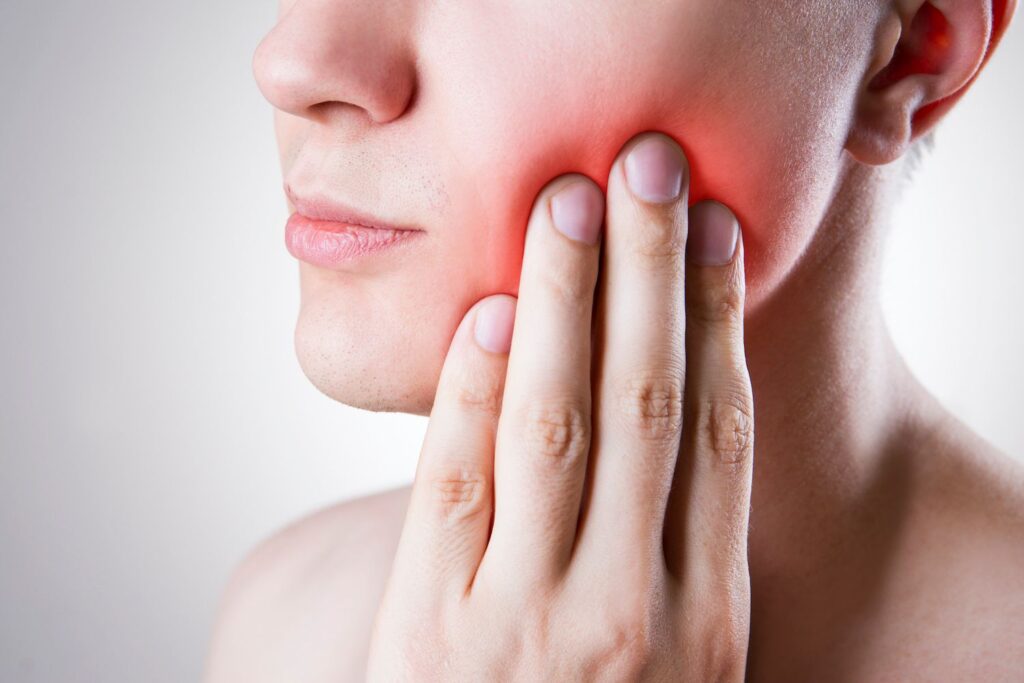A fractured tooth can catch you off guard. While you may have aesthetic concerns, a fractured tooth can cause discomfort and concern. But how do you know if your tooth is cracked? Recognizing the symptoms of a fractured tooth can help you navigate this issue and protect your teeth. By acting quickly, you can prevent significant damage to your smile.

Cracked Tooth Symptoms: A Closer Look
If you have pain when biting or chewing, it could be a sign of a cracked tooth. In addition, it may be more present when consuming hot, cold, sweet, or acidic foods. Also, pressure on the cracked can trigger discomfort. While this may also be a symptom of tooth decay, you may feel the pain from a cracked tooth start suddenly.
Heightened sensitivity to temperature variations—such as sharp pain when consuming hot beverages or breathing in cold air—can indicate a cracked tooth. The cracks can expose the tooth’s nerves, leading to this sensitivity. Sensitivity doesn’t necessarily mean that you have a fractured tooth. However, it is an important symptom.
Cracked tooth pain can come and go. This can make diagnosing the issue challenging because the discomfort might not be constant. Therefore, it is vital to talk to your dentist when you have tooth pain.
Finally, you may be able to see a crack in your tooth physically.
What to Do When You Suspect a Cracked Tooth
One of the first steps you should take is to call your dentist. It is crucial to schedule an appointment with your dentist as soon as possible. This will help reduce your pain and prevent further damage. During your appointment, your dentist will perform a thorough exam of your tooth. They will be able to determine the location and severity of the crack.
In some cases, your dentist may recommend X-rays. This will help them get a full view of your tooth—inside and out. Additionally, it will allow them to see any hidden cracks or more damage.
Treatment Options for Cracked Teeth
For minor cracks, your dentist may use dental bonding. Your dentist will apply a tooth-colored resin to the cracked area. This will restore both the tooth’s look and function.
When a tooth is significantly cracked, you may need a dental crown. A crown covers and protects the damaged tooth. As a result, it will prevent further cracks and provide strength.
If a crack has extended into the tooth’s pulp (the innermost part containing nerves and blood vessels), your dentist may need to perform a root canal. They will remove the damaged pulp and seal the crack.
In cases where a tooth is extensively cracked and cannot be saved, extraction might be necessary. Your dentist will discuss replacement options like dental implants or bridges.
Self-Care Tips While Waiting for Your Dental Exam
If you can’t see your dentist right away, there are ways to take care of your fractured tooth. For example, minimize chewing on the side of the mouth where the cracked tooth is located to prevent further damage. It will also help reduce pain or discomfort while eating.
In addition, you should try rinsing your mouth with warm water. This can help alleviate discomfort and keep the area clean. With this step, you can try over-the-counter pain relievers to help manage your pain. However, you should talk to your dentist before taking any medication.
